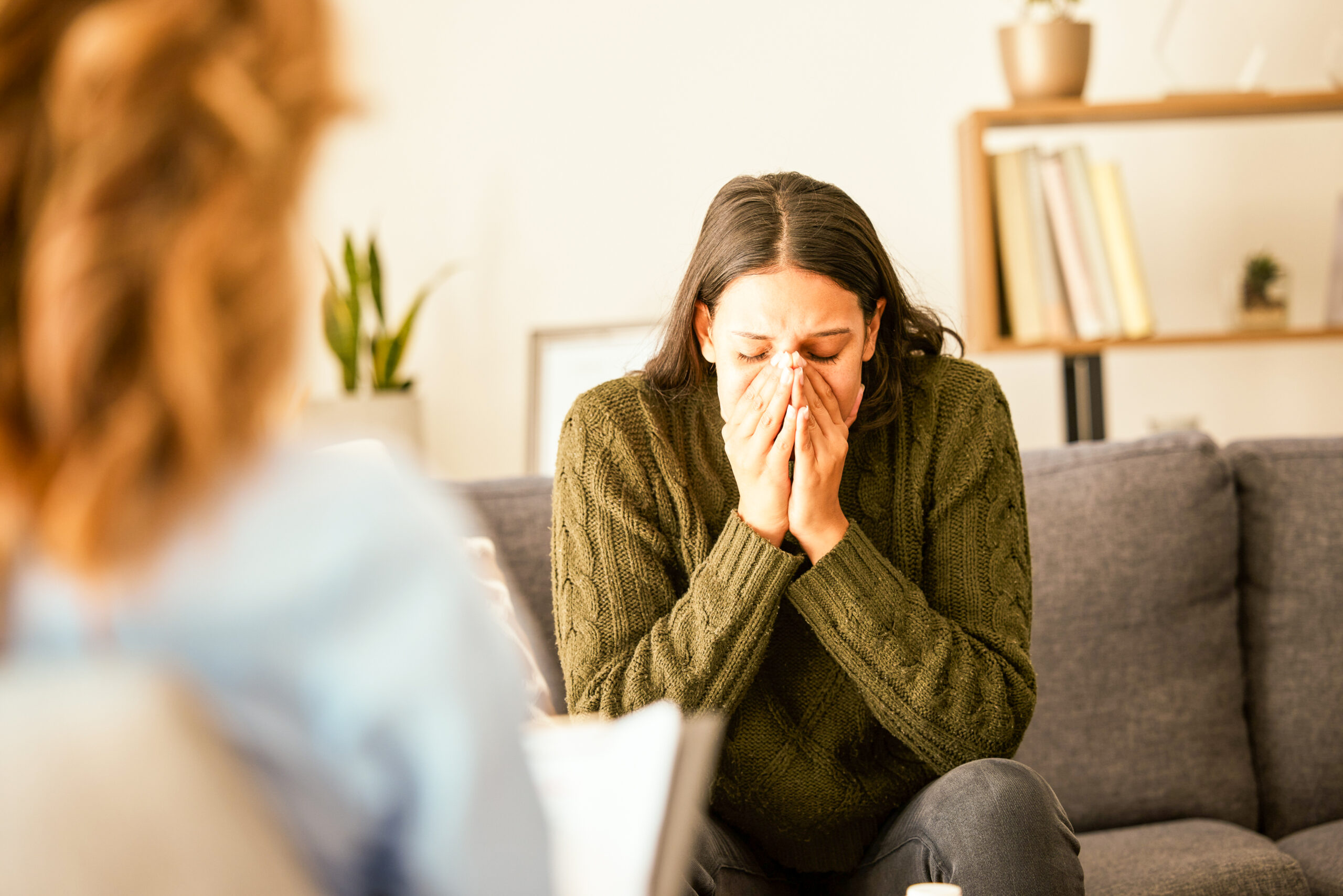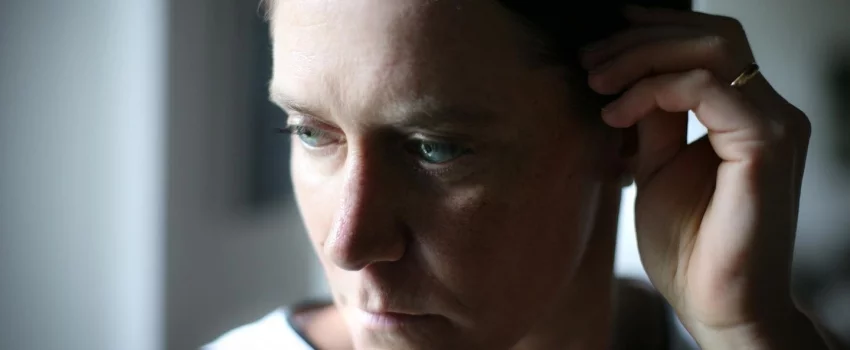What is anxiety disorder anyway? The essence of anxiety disorder is the emotion of fear. This emotion is itself very important because it directly conditions our ability to survive. Without the feeling of fear, we would probably jump off a cliff, for example, because we would wonder how birds feel when they fly. At some point, however, fear can take on such a dimension that it no longer protects us, but devalues our life. So how do we know when it is still normal anxiety and when we should seek professional help?
Anxiety can completely take over. How to know when to see a specialist?

When should we seek a specialist?
An anxiety disorder can be diagnosed when fear takes over our minds to the point where it significantly interferes with our freedom in life. There are different types of anxiety disorders. A person who suffers from what is called agoraphobia stops being able to go to places they should or would like to go.
Social phobia prevents free social contact, obsessive-compulsive disorder is characterised by obsessive fear of e.g. infection and forces the sufferer to repeatedly perform certain rituals. In panic anxiety, there is often massive anxiety about physical or mental illness, death or going mad.


There are a number of anxiety disorders and they are defined by the specifics of the area of concern. It is common for these areas to begin to gradually expand and intermingle. A generalized anxiety disorder then negatively affects essentially our entire thinking capacity.
A common feature of all anxiety disorders is the aforementioned restriction of life freedom and the associated, gradually increasing isolation of the sufferer.
Anxiety is fear without an object
Another criterion of anxiety disorder is the diffuse perception of the emotion of fear. It is said that anxiety is essentially fear without an object. It is a pervasive, binding feeling that gradually takes over more and more of our inner life. It is not natural for our minds to experience fear without an object, so we rationalize this feeling and add concrete objects to it. For example, if I have a pathological anxiety about failing socially, I will adapt my thinking to find concrete opportunities for my failure. This might be, for example, a planned meeting with my girlfriend's parents. If I avoid the feared situation or manage it with the help of some provision, the anxiety will not go away and the stress will only subside temporarily. The anxious mind automatically creates another specific object of worry. This is how pathological anxiety differs from the fear that, for example, most students experience before state exams, which permanently dissipates after the situation is handled. Anxious thoughts are intrusive and we are forced to give them an inordinate amount of our attention. Therefore, it can be said that an anxiety disorder robs the sufferer not only of freedom in the area of external activities but also in the area of internal, mental life. Obsessive thoughts are extremely energy-consuming. It is natural that an exhausted psyche loses the capacity to be joyful, motivated, enthusiastic, creative, etc.
Don't put off seeing a specialist
Anxiety disorder can be further diagnosed by accompanying somatic and physiological changes. If we experience anxiety and at the same time have unpleasant physical reactions (heart palpitations, tightening of the throat, pressure in the chest, dry mouth, tingling in the limbs and many others), it is obvious that we should not delay seeing a specialist.
Unfortunately, untreated anxiety disorder tends to worsen and cause the sufferer more and more physical and mental suffering. In general, however, anxiety disorders are very well managed with modern psychotherapy. Studies have confirmed that cognitive-behavioural therapy is the method of first choice, which can also be supported by gentle pharmacotherapy in severe cases. As with many other psychological disorders, the earlier we start treatment, the simpler, shorter and more effective it tends to be.

Read also



